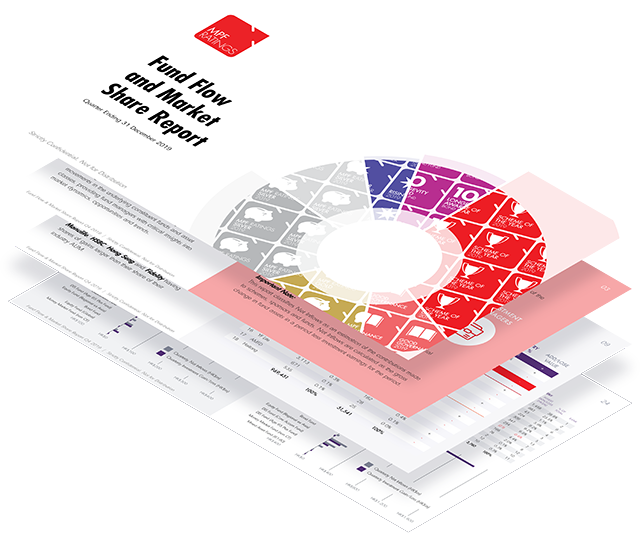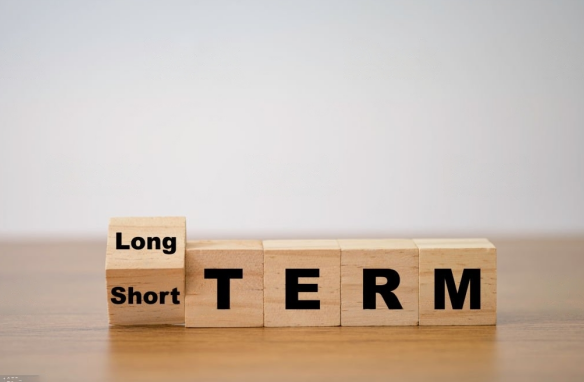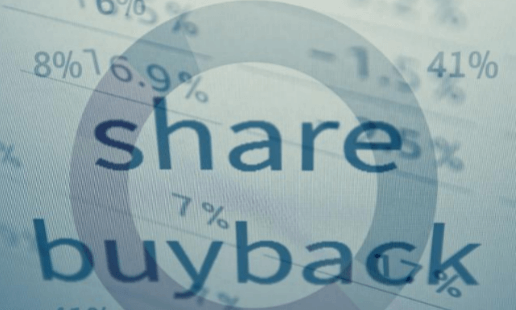
First and foremost, stocks tend to perform better than large-cap stocks, and today's successful small companies are likely to become tomorrow's Walmart and Microsoft, which is why the long-term performance of small-cap funds is often better than that of large-cap funds. What you need is for the fund to invest in several stocks similar to Walmart, which can turn 250 times in two decades. Since the volatility of small-cap stocks is greater, Small cap funds rise and fall more than other types of funds, but as long as the tolerance is strong enough, you can reap a lot.
Second, some investors are used too often to switching to different funds, hoping to pick the best-performing fund. In fact, doing so is often twice the effort and futile; many studies show that a fund that performs well in one year may not be as good in the next year, so trying to find the best-performing fund is not worth the loss. You'd better choose a fund with excellent historical performance and buy and hold it for a long time.
Third, in addition to the annual management fee listed in the fund assets, there are also co-purchase fees, called subscription fees. At present, the average subscription fee is 3% to 4%. That is to say. When you buy the fund, you have lost 3% to 4%. Of course, there are also funds that do not charge subscription fees, and their performance is not particularly different from that of the funds that charge subscription fees. When you hold the fund for a longer time, The more irrelevant the purchase fees become.

Fourth, most fund managers want to pursue investment returns that exceed the market average, which is why you pay them because they choose stocks that can beat the market average for you. In fact, fund managers often can't and often can't beat the market. One reason is the deduction of rates. Ordinary investors have given up looking for funds that can beat the market. On the contrary, They choose funds that can keep up with the average level of the market in any case. This fund is an index fund, which does not need fund managers to actively manage and can be invested automatically by computer programs. Its essence is to purchase the constituent stocks of the underlying index in proportion and hold them all the time, without special management fees, commissions for frequent trading of different stocks, and no investment decisions.
For example, the Standard & Poor's 500 index fund will only buy all 500 constituent stocks of the Standard & Poor's 500 index, which is a representative market composite index, so you can get an average market return by buying index funds that track it, which may be better than investing in actively managed funds.
As you see, there is a lot to think about when you want to join the fund market. The most important thing that you must acknowledge is that you should choose the best one that suits the serves you most, which will help you get enormous profits!





